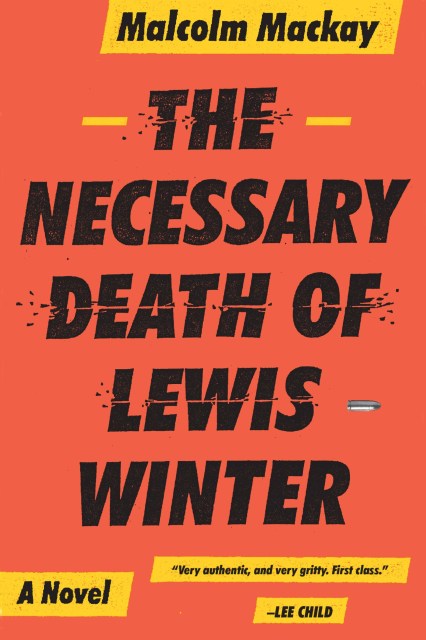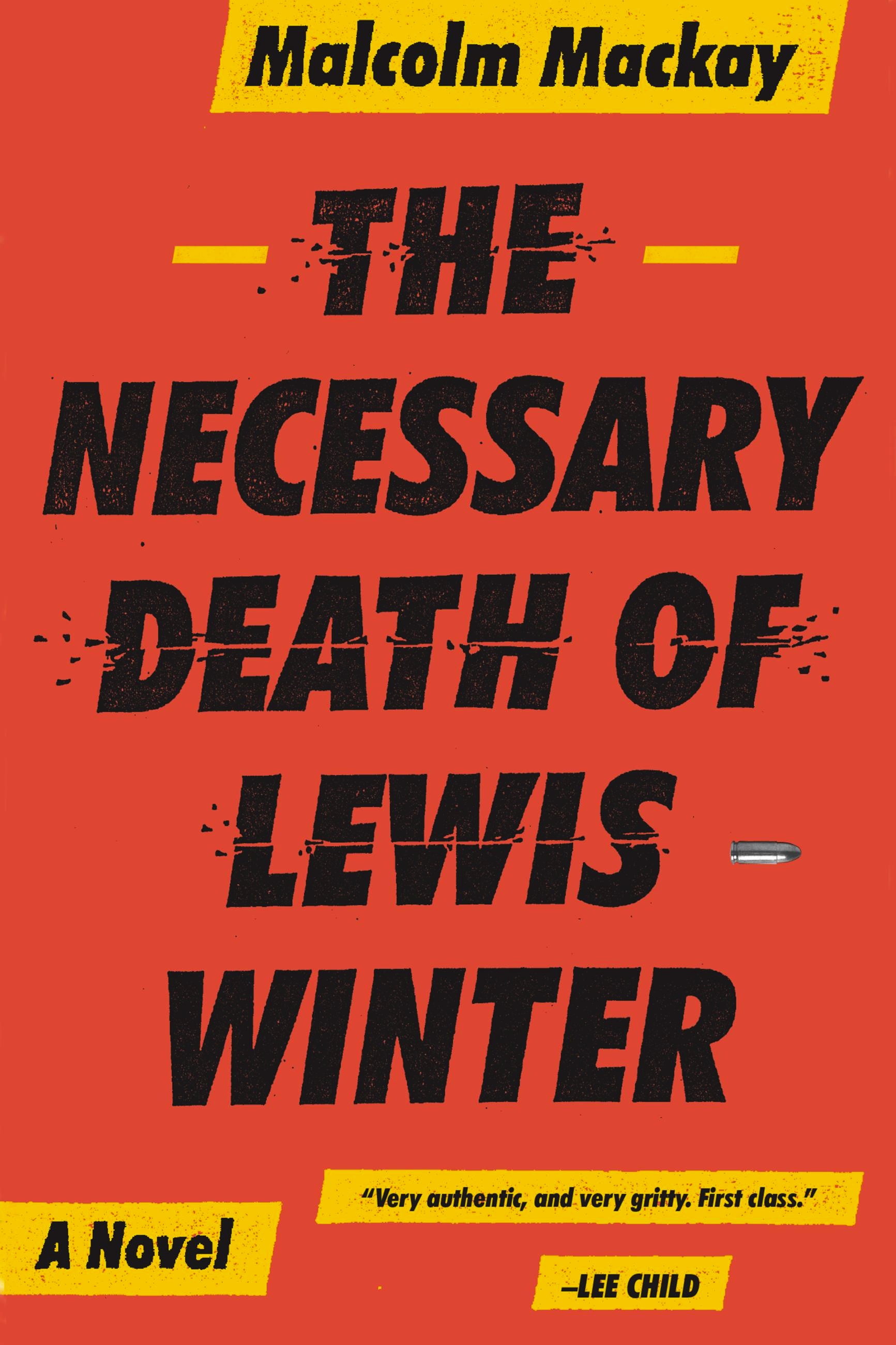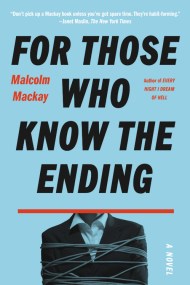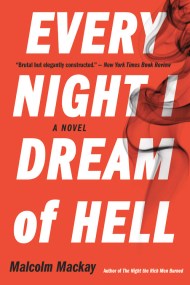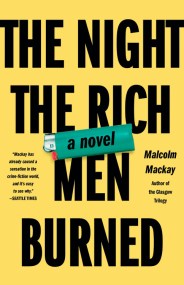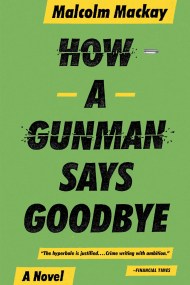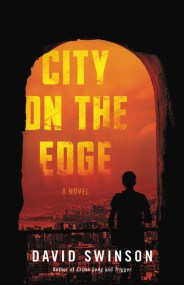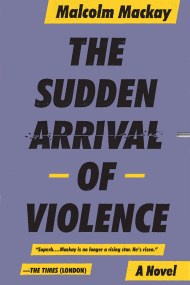By clicking “Accept,” you agree to the use of cookies and similar technologies on your device as set forth in our Cookie Policy and our Privacy Policy. Please note that certain cookies are essential for this website to function properly and do not require user consent to be deployed.
The Necessary Death of Lewis Winter
Contributors
Formats and Prices
- On Sale
- Apr 21, 2015
- Page Count
- 352 pages
- Publisher
- Mulholland Books
- ISBN-13
- 9780316337304
Price
$21.99Format
Format:
- Trade Paperback $21.99
- Audiobook Download (Unabridged) $24.99
This item is a preorder. Your payment method will be charged immediately, and the product is expected to ship on or around April 21, 2015. This date is subject to change due to shipping delays beyond our control.
Buy from Other Retailers:
A twenty-nine-year-old man lives alone in his Glasgow flat. The telephone rings; a casual conversation, but behind this a job offer. The clues are there if you know to look for them. He is an expert. A loner. Freelance. Another job is another job, but what if this organization wants more?
A meeting at a club. An offer. A target: Lewis Winter, a necessary sacrifice that will be only the first step in an all-out war between crime syndicates the likes of which hasn’t been seen for decades. It’s easy to kill a man. It’s hard to kill a man well. People who do it well know this. People who do it badly find out the hard way. The hard way has consequences.
Genre:
-
"[Mackay's] Glasgow Trilogy is classic . . . The subject is organized crime, but it's the author's blunt eloquence that matters. Don't pick up a Mackay book unless you've got spare time. They're habit-forming."Janet Maslin, New York Times
-
"It's been a long time since so many pages went by so fast .... Mackay is a natural storyteller [with] a voice to which we're happy to surrender. Surprisingly rewarding .... a thriller trilogy that thrills. "Dennis Drabelle, Washington Post
-
"Exhilarating, canny and strikingly original ... Mackay is less interested in violence than in the insides of his vivid characters' heads, including those of a police detective and the sad-sack victim. Darting seamlessly in and out of those heads, Mackay reveals their thoughts (sometimes dumb, sometimes shrewd) as they jockey for position in a complex power struggle. Remarkable."Adam Woog, Seattle Times
-
"Glasgow's a tough city and this is a tough book . . . very authentic, very gritty, you can really feel the streets. They call this genre Tartan Noir and absolutely The Necessary Death of Lewis Winter is a first class member of that."Lee Child
-
"A quietly absorbing gangland tale, full of moral ambiguities."The Times
-
"A welcome, hard-hitting addition to the tartan noir genre . . . It's easy to write a crime novel; it's hard to write a crime novel well. And this unrelenting look at the grimy underbelly of Glasgow's criminal underworld does it very well."Library Journal (starred)
-
"Tartan noir fans will be satisfied."Publishers Weekly
-
"A remarkably original debut . . . this is a book that it would be hard not to finish in one sitting . . . a wholly believable and unnerving portrait of organised crime."Observer
-
"Remarkable. Mackay's achievement is all the more stunning because drawing on his sublime imagination and innate empathy he has created a cast of characters so vivid - especially MacLean, who knows how hard it is to kill a man - that they live on in the memory long after the final page."Daily Mail
Newsletter Signup
By clicking ‘Sign Up,’ I acknowledge that I have read and agree to Hachette Book Group’s Privacy Policy and Terms of Use
